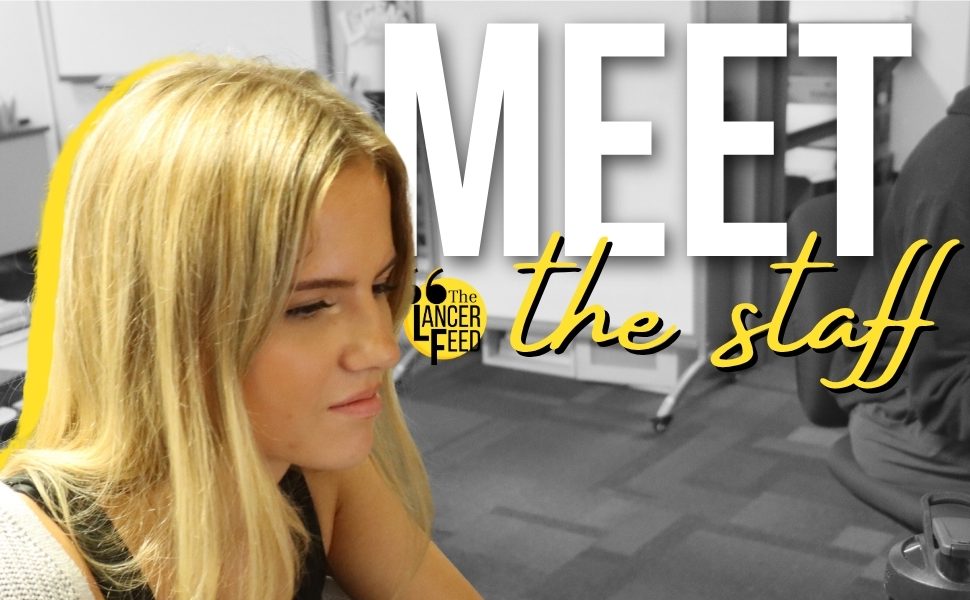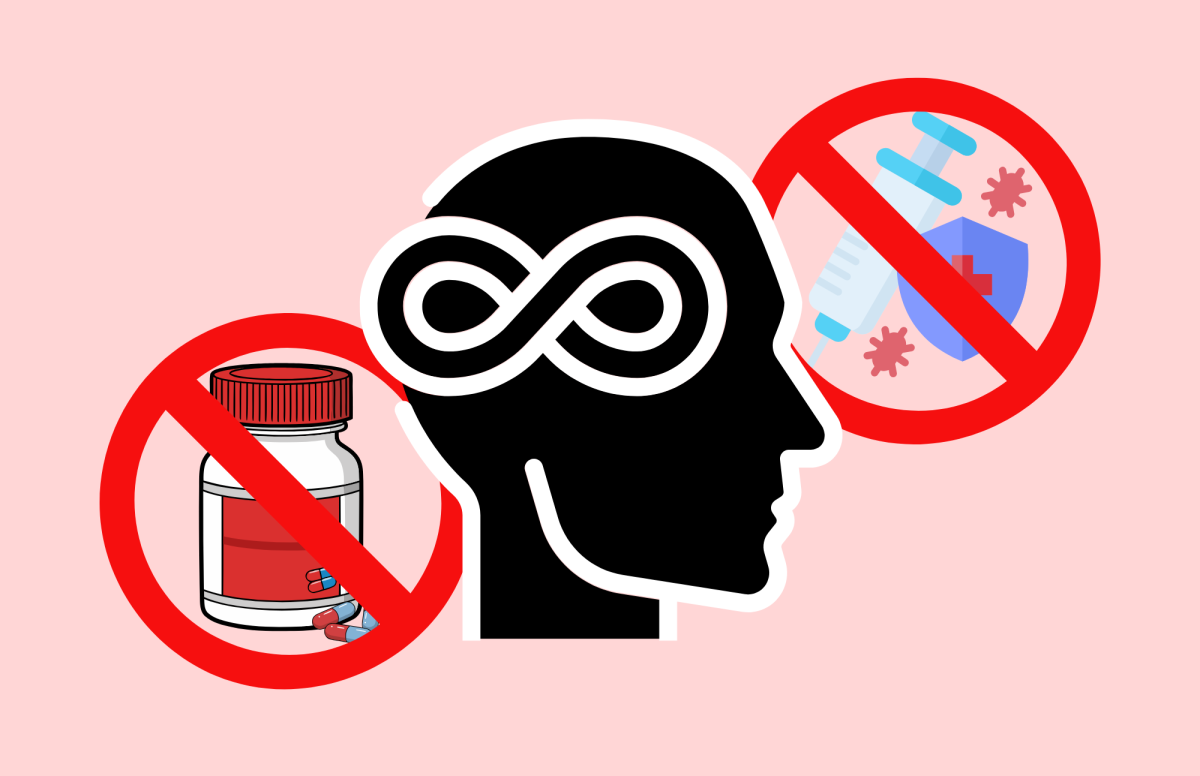OPINION: Congress should end Tax Day stress
April 16, 2019
April 15, the federal government’s designated due date for income tax returns. For many, the buildup to Tax Day can be stressful, time-consuming and costly. And now that it’s over, we can all take a sigh of relief.
But what if I told you it didn’t have to be this way?
For the majority of Americans, there’s no reason at all why the Internal Revenue Service (IRS) couldn’t automatically file taxes—it already has the information it needs from employers. This process is known as “return-free filing”, and it’s already common practice in other developed countries such as Germany, Japan and the UK. In the US, it’s been previously endorsed by Presidents Reagan and Obama.
Under this system, which could be implemented right now with Congressional approval, the IRS does the math and then sends it to each citizen to ensure all deductions are accounted for. No redundancy, no nail-biting and no last-minute calls to an accountant. According to University of Chicago economist Austan Goolsbee, return-free filing would save Americans over $2 billion a year.
But Congress—under intense pressure from lobbyists—is moving toward barring the IRS from doing something far simpler. The snidely-named Taxpayer First Act, backed by both Republicans and Democrats, would stop the IRS from creating a free online tax service that would compete with services like TurboTax.
The bill has already passed in the House of Representatives, and it shows no signs of stopping in the Senate. And perhaps the worst part is how, despite blatantly putting the interests of corporations over individuals, the bill’s sponsors argue that indefinitely disabling a free service is somehow better for consumers.
“Provisions in this bill protect low- and moderate-income taxpayers, create sensible enforcement reforms and ensure the IRS provides taxpayers and small businesses the assistance they deserve,” House Ways and Means Committee Chairman Richard Neal said. “The common-sense, much-needed reforms in this legislation will modernize the IRS and rightfully prioritize taxpayers.”
But it won’t. If passed, the bill will ensure the IRS cannot adopt a modern system to deal with taxes more cheaply and efficiently, and, regardless of its name, the Taxpayer First Act will continue to put the needs of companies over citizens.
As Vox’s Dylan Matthews puts it, “Banning the IRS from offering an equivalent product to [TurboTax and H&R Block] for free would hurt consumers, provide no social value and purely serve to increase ill-gotten rents for two of the most pointless companies currently involved in American capitalism. There is no excuse for Congress passing this provision.”
So what can we do to make the next April 15 a lot easier?
The first thing is to raise awareness. Following reports about the contents of the Taxpayer First Act, several representatives said they had misunderstood the bill’s provision and sought to oppose it, with Rep. Katie Hill calling it a “sneaky provision the tax preparation lobby has been pushing for” that “hurts consumers.”
The backlash has also prompted the bill’s supporters to establish a “working group” to thoroughly analyze the IRS’s relationship with tax companies.
A companion bill has already been introduced in the Senate by Sens. Grassley and Wyden. If it passes the Senate as well, it would then be sent to the president’s desk for approval, where it would almost certainly be signed into law.
So if you want to make your Aprils easier from here on out, the best thing to do is reach out to your senators and let them know how you feel about this bill.



































